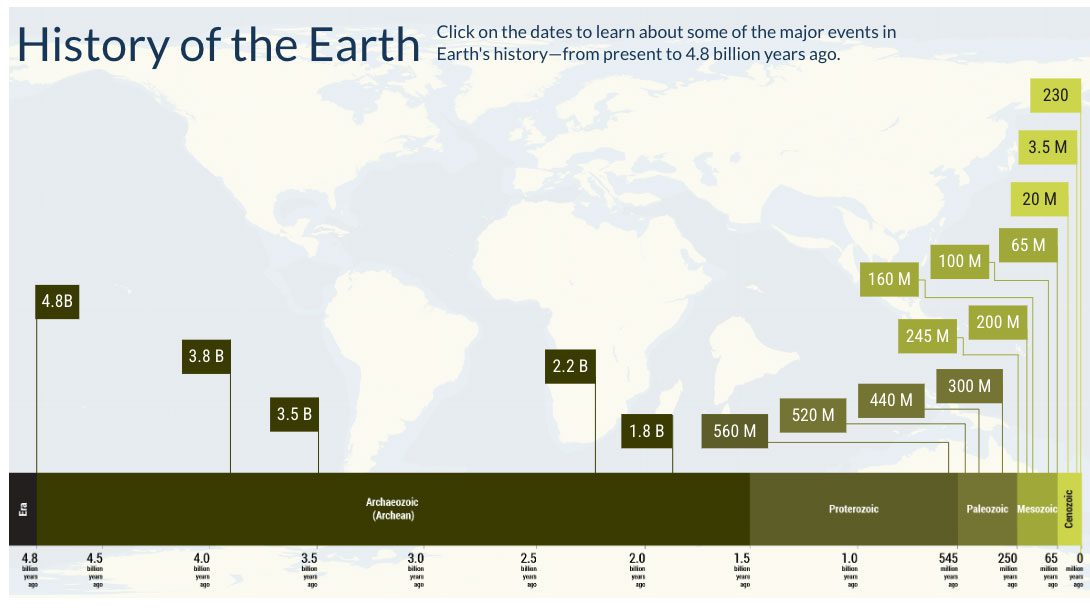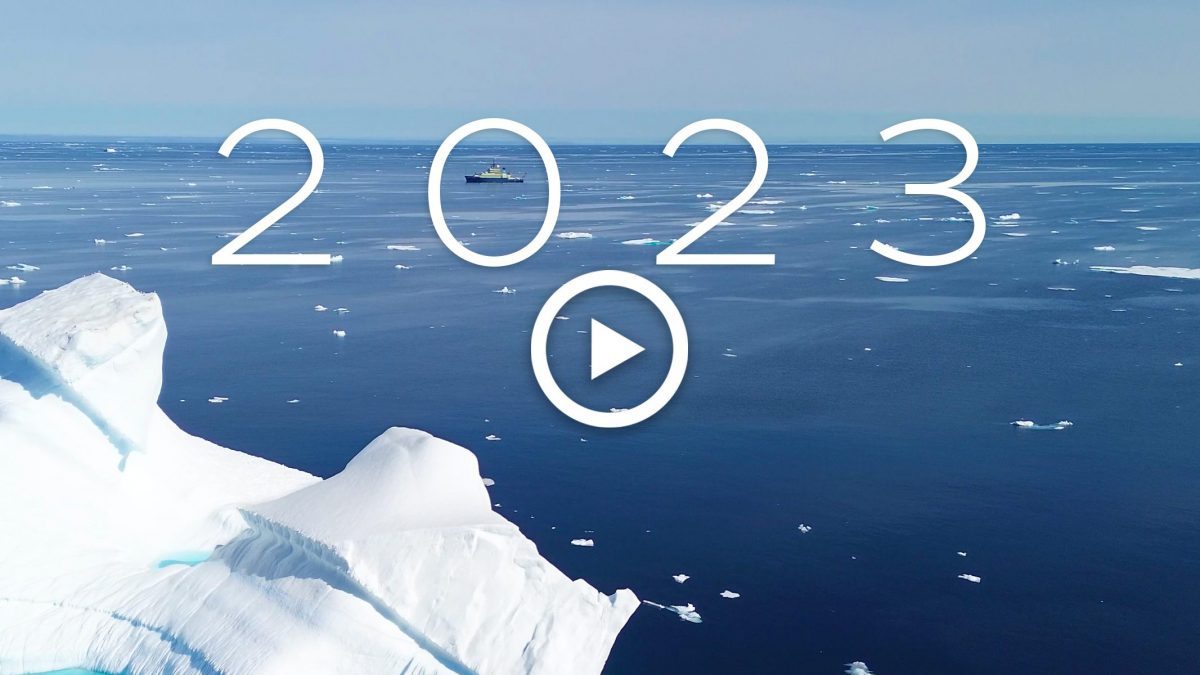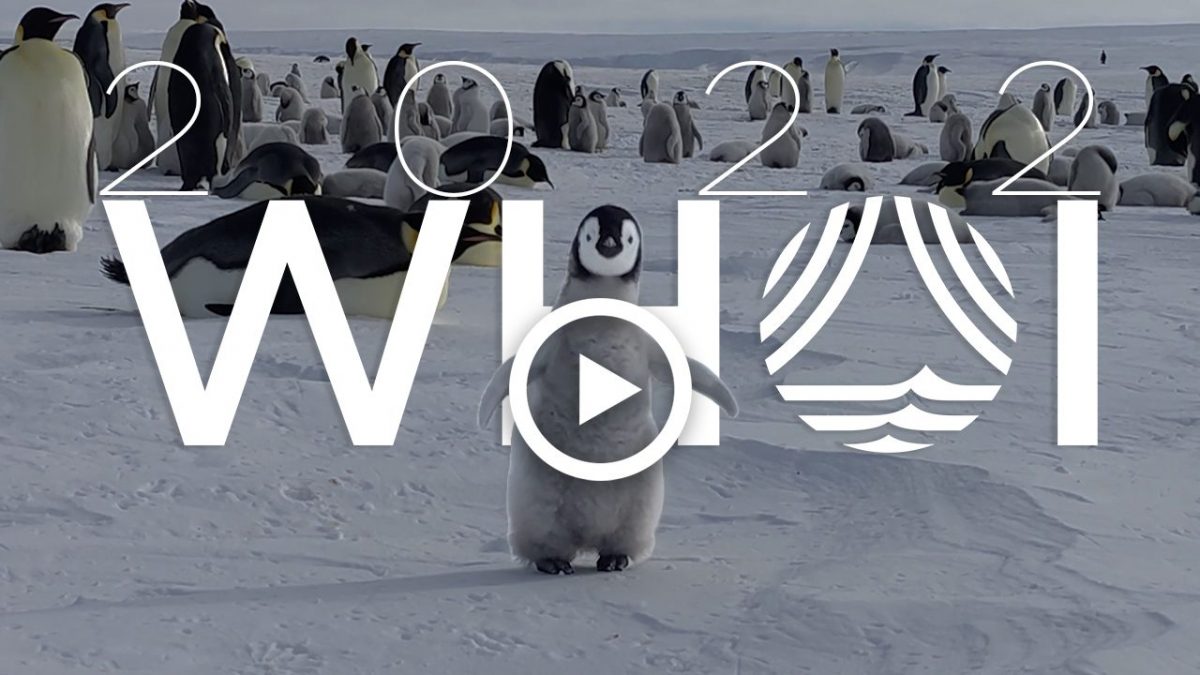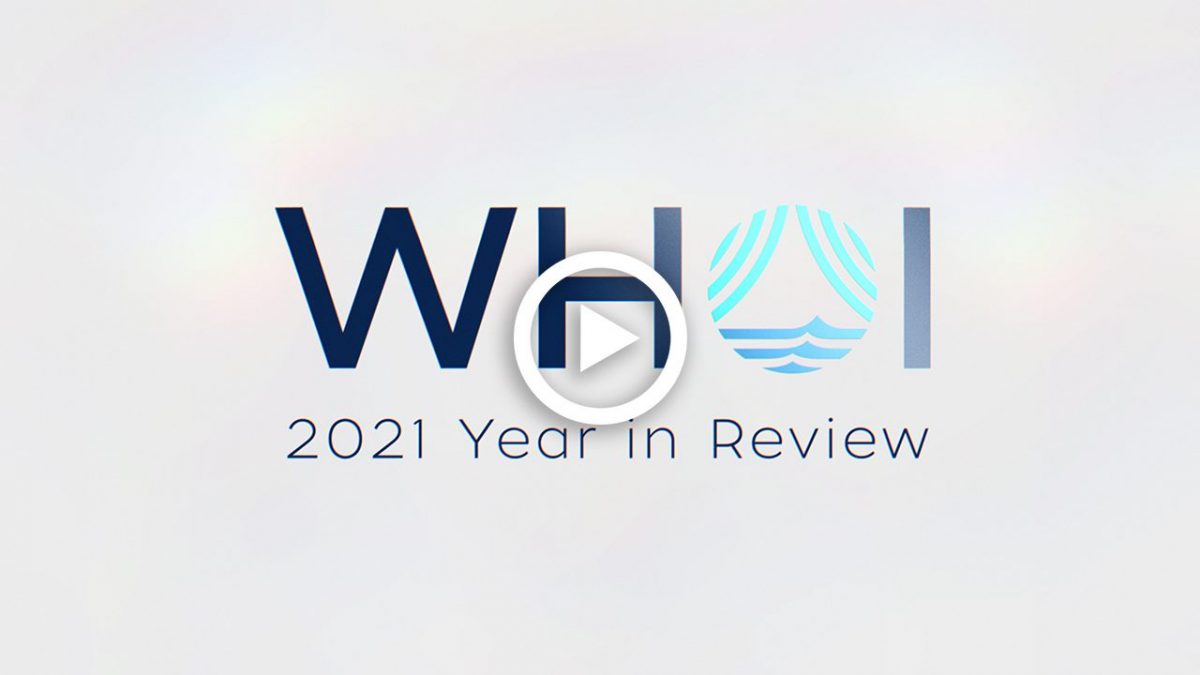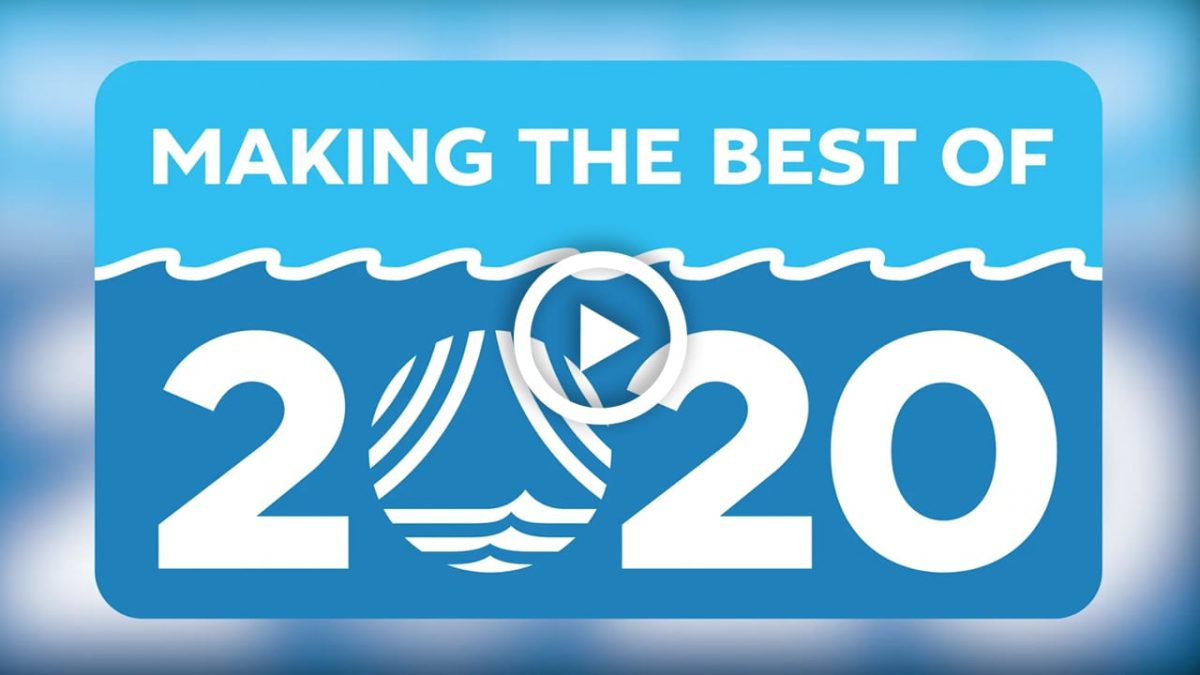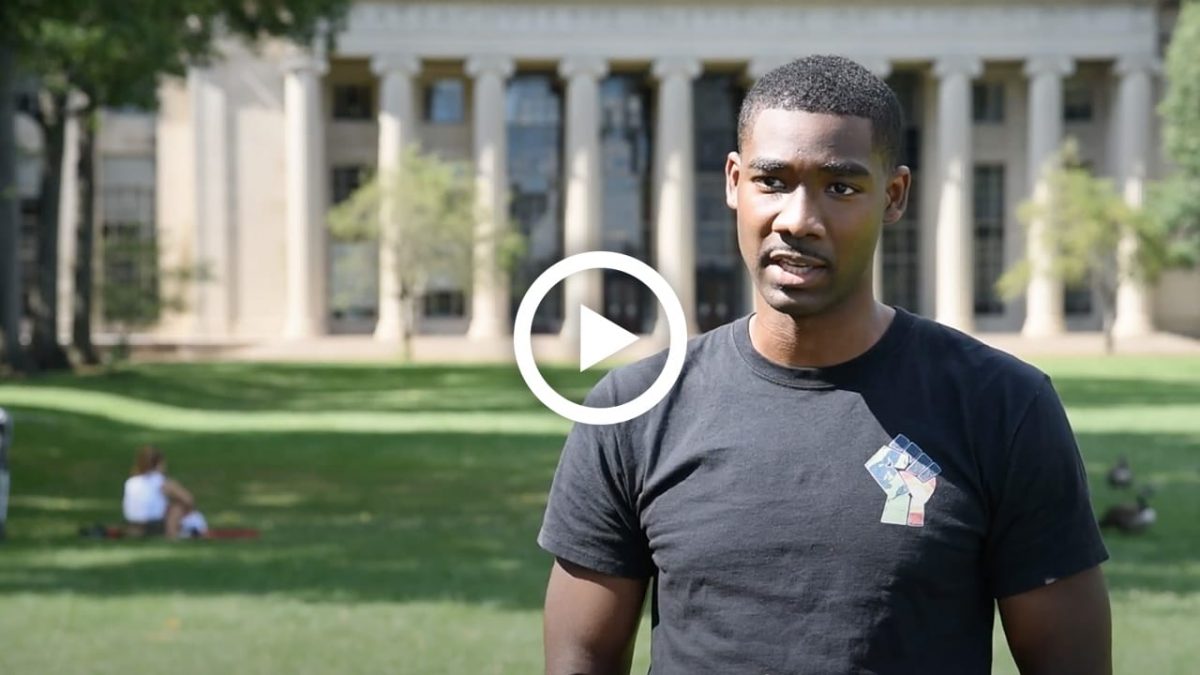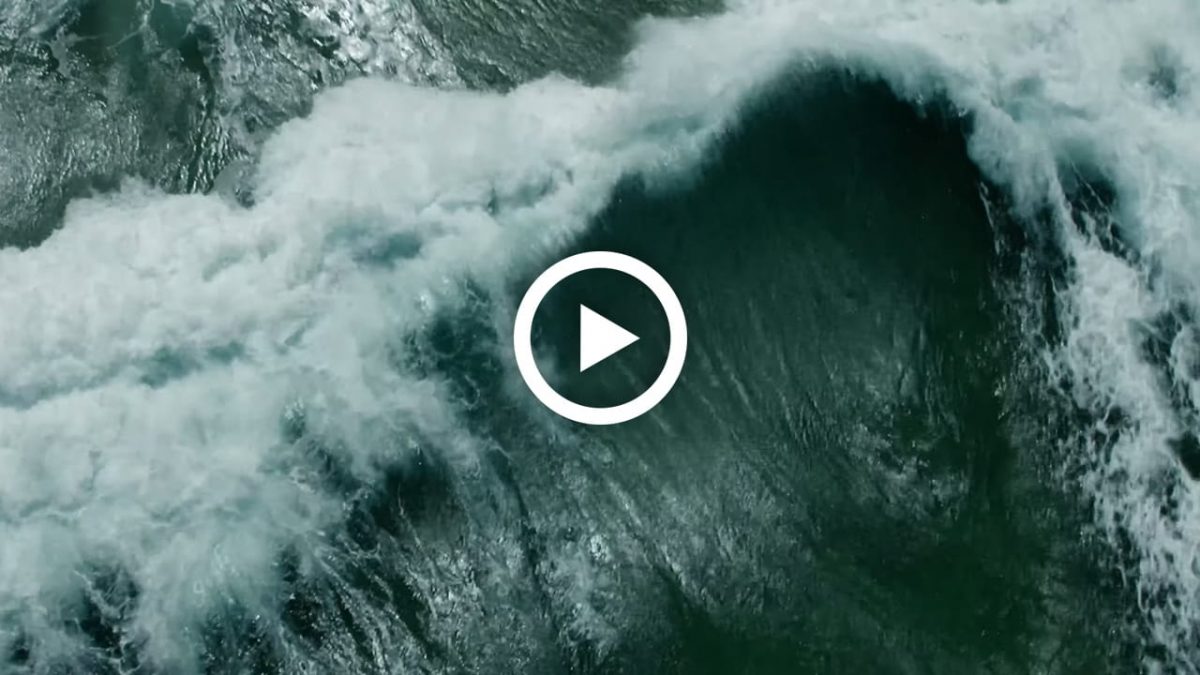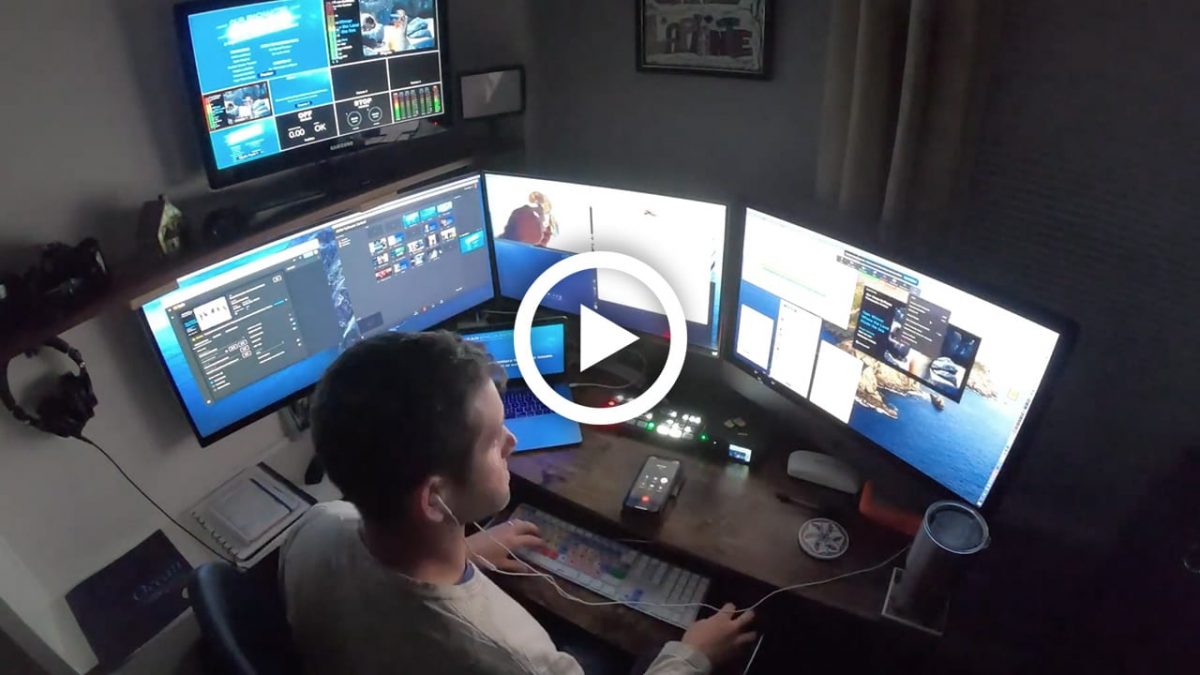In this section
Ocean Topics
- Climate & Weather
- How the Ocean Works
- Ocean & Human Lives
- Ocean Life
- Sustainable Ocean
- Ocean Tech
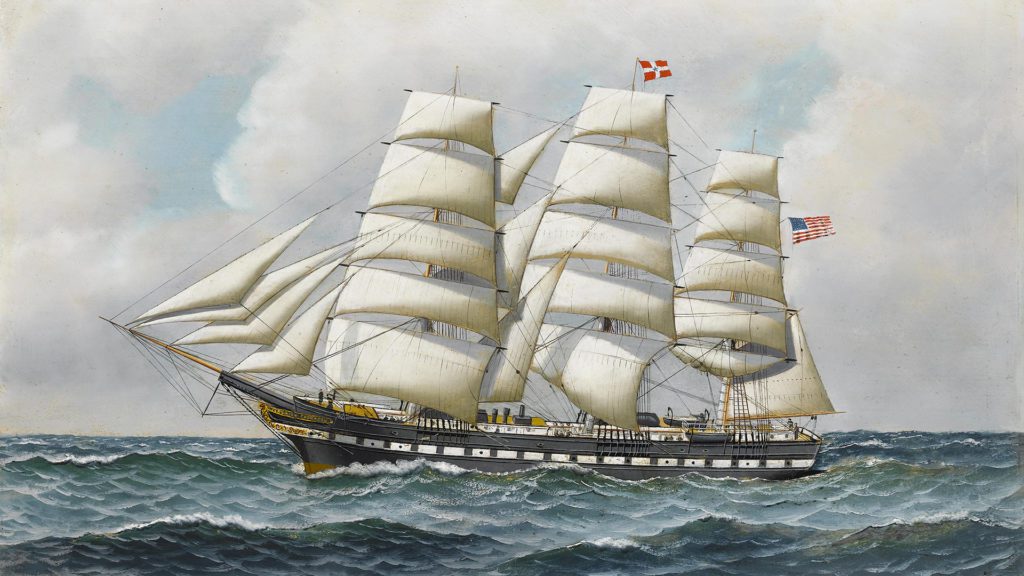
An example of a square-rigged tall ship that could be literally taken aback. "The American full-rigger Jeremiah Thompson' at sea," Antonio Jacobsen, 1910.
Ocean culture and history explore the many ways people have interacted with the sea over time. From ancient maritime traditions and early navigation to modern ocean exploration and conservation, the ocean has long influenced human societies, economies, and worldviews. Today, that relationship continues through scientific discovery, engineering innovation, and a growing understanding of the ocean's role in sustaining life on Earth.
The ocean is woven into language, literature, and belief systems. It also highlights the diverse communities that have lived with, worked on, and studied the ocean - bringing forward voices from the past and present that help shape more inclusive visions of the future. Cultural reflections and creative expression reveal how people connect with the sea on an emotional and intellectual level, while scientific milestones track the evolving ways we observe and interact with the ocean.
The stories covered in this section examine the ocean's impact on human health, the environment, and global change. They address issues like pollution, climate-driven coastal shifts, and how technology and data can help monitor and protect ocean systems. They also shine a light on the individuals-past and present-who have advanced our understanding of the ocean and its role in human life.
Articles Related to Ocean Culture & History
From Oceanus Magazine
An Oceanographer’s Atlas
A cozy crusade
5 WHOI women making waves in ocean science and engineering
Five idioms for ocean lovers
Accessible Oceans
Diverse Voices From Our Maritime Past
Five books WHOI researchers are reading right now
On the high seas
News Releases
Research almost two decades in the making: What can cicadas tell us about the Earth’s metals?
Proposed Wastewater Release into Cape Cod Bay Likely to Remain in Bay for at Least One Month, Study Finds
Multi-disciplinary teams respond to recent hurricanes to measure real time impacts of storm surge, waves
WHOI Scientists Discover Fastest Degrading Bioplastic in Seawater
New harmful algal blooms report
News & Insights
What happens to natural gas in the ocean?
WHOI-assisted study finds ocean dumping of DDT waste was “sloppy”
Examining Connections Between the Ocean and Human Health
How Long Does Plastic Persist in the Ocean?
The many lifetimes of plastics
Forged in fire: WHOI recalls the Deepwater Horizon crisis
Summer’s coming: Will Cape Cod beaches be safe?
WHOI in the News
Microplastics Targeted in Surge of Consumer Greenwashing Suits
It’s the Golden Age for shipwreck discoveries. Why?
Salt pond closed for a second time by red tide toxicity
California’s historic storms continue. Here’s how much scientists say it’s being driven by climate change
A simple way to get microplastics out of your water
Features
The shallow waters of the Stellwagen Bank create treacherous conditions that change unexpectedly and have led to numerous shipwrecks that…
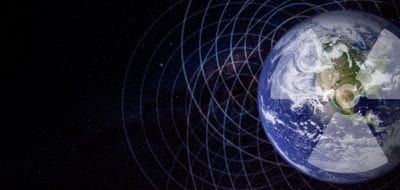
The background level of radiation in oceans and seas varies around the globe. Measured in atomic disintegrations per second (Becquerels)…
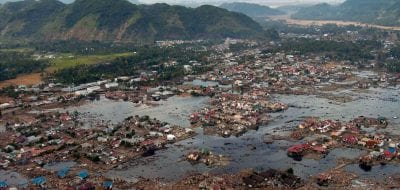
Our ocean planet is dynamic and constantly changing, sometimes resulting in dramatic threats to humans.
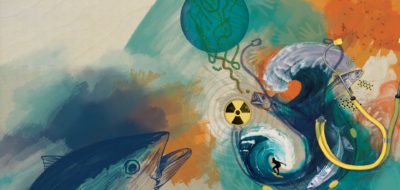
The oceans are critical to human life, and ocean scientists are working to investigate the untapped potential of the sea…
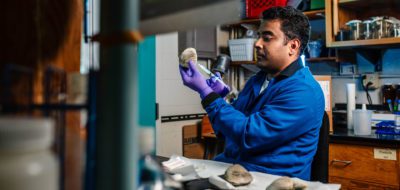
Harmful algal blooms can taint seafood with toxins, causing illness or even death. Learn how blooms affect human health through…
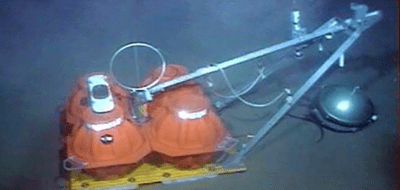
Earthquakes release energy as seismic waves, revealing Earth's interior and helping locate quake sources to understand tectonic processes and earthquake…

